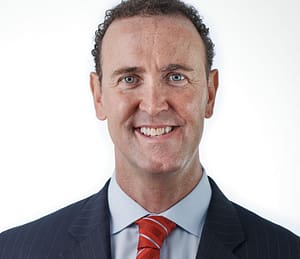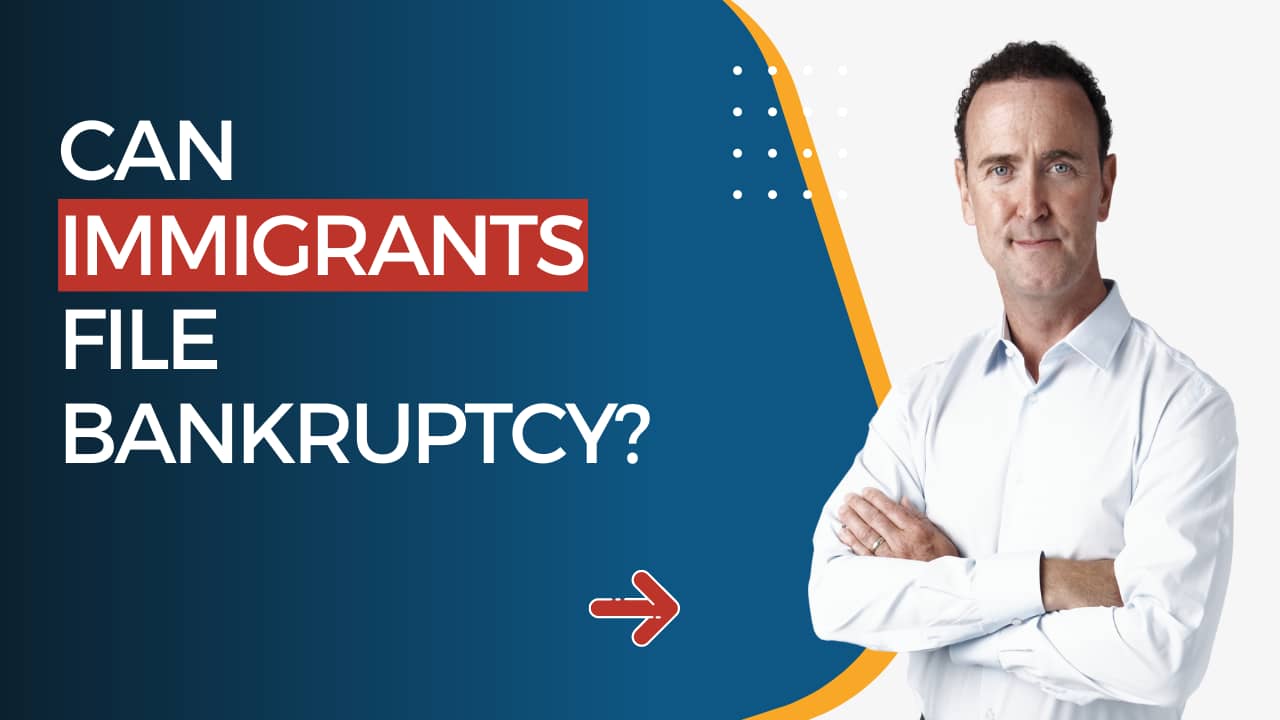Chapter 7 and Chapter 13 are two different kinds of bankruptcies available to individuals, some businesses, and married couples with financial problems.
A straight liquidation bankruptcy, known as a Chapter 7 bankruptcy, involves the filing of a bankruptcy petition and statement of all property, debts, and budget information. The filing of the petition stops all creditor action against the Chapter 7 debtors and their property, including mortgage foreclosure, sheriffs sale, utility shut-offs, and other creditor harassment. Chapter 7 debtors can generally keep all their personal property, but debtors can keep their home and cars only if arrangements are made separately by the debtors themselves for payment of all current and back payments of auto loans, mortgage payments and finance company liens against their home.
Chapter 7 debtors usually have one short meeting with a trustee. After Chapter 7 discharge, debtors no longer have personal liability for most of their utility and consumer debts petition Chapter 7 does not discharge debts such as mortgage payments ( if the debtors wants to keep the property), city water/sewer liens, ongoing utility bills, auto loan payments (if the debtor wants to keep the automobile), alimony, child support, fines, traffic tickets, most student loans, most taxes, amounts owed because of malicious injury, drunk driving, criminal restitution, and certain debts owed creditors not listed in the Chapter 7 list of creditors filed with the court. The discharge order is usually entered approximately six months after filing the Chapter 7 petition. Debtors may receive a Chapter 7 discharge only once every eight (8) years. After discharge, a mortgage company can continue with foreclosure and sheriff’s sale and an automobile lender can repossess an automobile if the car loan payments are delinquent. Chapter 7 is appropriate for debtors who either do not have mortgages, are current in their mortgage payments, are able to bring current their mortgage arrearage in the few months prior to Chapter 7 discharge, or for debtors who are unable to afford to keep their home.
A debtors reorganization plan, known as a Chapter 13 bankruptcy, is an alternative under the federal bankruptcy law to Chapter 7 bankruptcy. As with Chapter 7, the Chapter 13 petition stops mortgage foreclosure, sheriffs sale, utility shut-offs, and other creditor harassment. Chapter 13 also provides for monthly payments by debtors to a Chapter 13 trustee for three to five years. Out of these payments, the Chapter 13 trustee pays the following: mortgage arrearage, interest, late charges, court costs, and fees for the mortgage company’s lawyer. Out of the plan payments, the Chapter 13 trustee also pays amounts owed prior to the filing the Chapter 13 for taxes, water/sewer liens, arrearage on second mortgages, and usually a small percentage of unsecured debt. Unsecured debt includes back medical and utility bills, credit card, store charge and loan balances for which there is not mortgage lien on the debtor’s home. The trustee also pays the balance of any fees due the debtor’s lawyer and applies a percentage (usually between 10%) of each plan payment, toward the cost of running his office.
During the Chapter 13 plan, debtors must make current mortgage and utility payments as well as payments on any second mortgage, home improvement or auto loan. A mortgage company can obtain relief from Chapter 13 and continue foreclosure if current mortgage payments are not made. A Chapter 13 bankrutpcy can be dismissed if payments to the trustee are missed. At the end of a Chapter 13 plan in which all trustee and mortgage payments have been made, the mortgage is reinstated and pre-bankruptcy unsecured debts are discharged. Chapter 7 or 13 bankruptcies will be dismissed if court hearings are missed.
To speak directly, one on one, with an experienced and knowledgeable Philadelphia Bankruptcy Lawyer, please contact the Dunne Law Offices at (215) 854-6342. We offer a free initial consultation for all consumer bankruptcy matters. The Dunne Law Offices, P.C. is a debt relief agency.
The Dunne Law Offices, P.C. helps people file for bankruptcy relief under the bankruptcy code.









